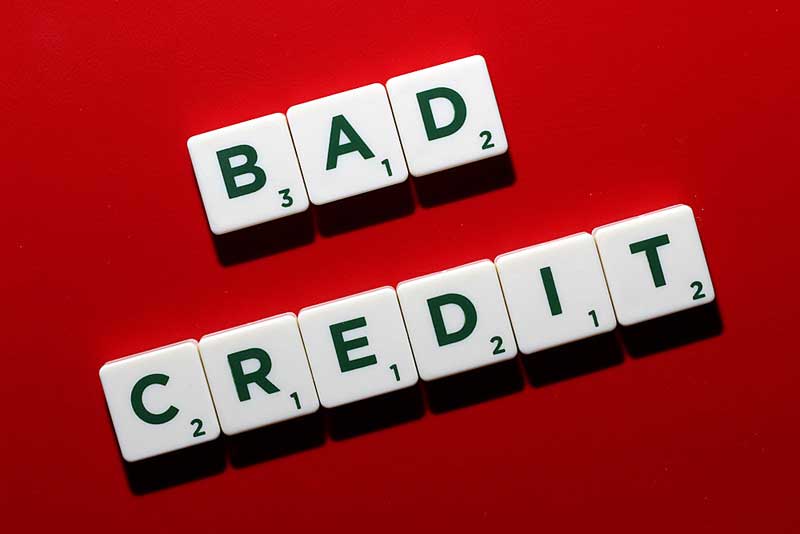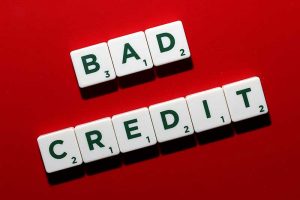For most people, owning a house is only possible by borrowing money to buy it. Mortgages are long-term home loan product that gets taken out by thousands of people each year in the UK. Typically, lenders agree to fund home purchases and get repaid over a period of 25 years or so.
These days, the criteria for getting accepted for a mortgage are quite high. There’s no denying this is thanks, in part, to the credit crunch. Many applicants find they cannot get approved for a mortgage nowadays. The reason is usually down to problems with their credit rating or score. To solve that problem, applicants can apply for what’s called a “bad credit” mortgage.
 What is a Bad Credit Mortgage?
What is a Bad Credit Mortgage?
A bad credit mortgage is a type of loan aimed at applicants that don’t have a good credit score. These are often people that fail credit checks with mainstream lenders. The mortgages offered are sometimes known as “subprime” ones.
They are ideal home loan products because they help those with poor credit histories buy a home. Bad credit mortgages are also a welcome boon for people that have no prior credit history. For example, individuals that have just moved to the UK from abroad.
What is Bad Credit?
In the UK, each person has a credit rating. It can vary from poor to excellent. Many variables impact how good or bad one’s credit score is. For example, missing repayments on loans can have a negative impact. But, making repayments and not having too much credit can ensure you have a good rating.
Sometimes, other issues can define a person as having a poor credit rating. These range from having no credit history at all to identity fraud. When a person has a bad credit rating, it can often take a long time to put things right. In the meantime, they can find it hard to get accepted for credit from mainstream lenders. Even a person’s own bank may decline them for loans and credit cards.
Here are some other examples of what can cause a person to have a bad credit rating:
- Bankruptcy (including IVAs and debt management plans);
- CCJs (County Court Judgements);
- Missing repayments on loans and credit cards.
 What’s the difference between “bad credit” and a standard mortgage?
What’s the difference between “bad credit” and a standard mortgage?
The mortgages themselves are the same financial products. You apply for a bad credit mortgage to buy a home, just as you would a conventional home loan.
So, if they are the same products, why do they have different names? The only differences between the two are the interest rates and fees. With bad credit mortgages, they tend to be higher than normal. That’s because of the higher perceived risk of lending to someone with a bad credit history.
In some cases, you may also need a bigger deposit for your home. Most people have a higher chance of approval for bad credit mortgages with 30% deposits. Although, it’s possible to get accepted with deposits as low as 15% of the home’s value.
If you need a mortgage and have a bad credit history, we can still help. We have access to a large array of Bad Credit Mortgage lenders. Why not give us a go today?
DISCLAIMER: These articles are for information only and should not be construed as advice. You should always seek advice prior to taking any action.

 What is a Bad Credit Mortgage?
What is a Bad Credit Mortgage? What’s the difference between “bad credit” and a standard mortgage?
What’s the difference between “bad credit” and a standard mortgage?